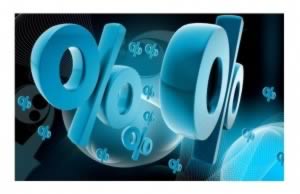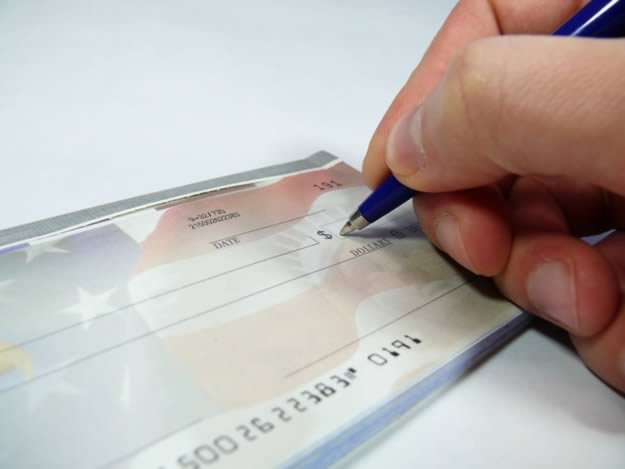A 60 second guide to money transfers
Published 11/19/10 (Modified 3/9/11)By Ana Gonzalez Ribiero
Nowadays, transferring money to friends and relatives is easy. Gone are the days when the only option we had was to mail a check that would take days for the recipient to receive it, and then more time for it to clear. That was ages ago!
Now you can pay your mortgage, electric and telephone bills online or send money instantly to an ailing family member or as a gift to a friend. Want to send money, but not sure which service to use? Here's an overview of some of the most popular types of money transfers that can help you pick the best one for you.
ACH
ACH stands for "Automated Check Handling" or "Automated Clearing House." It is an electronic transfer of money done with electronic checks, but instead of going directly from bank to bank as with a wire transfer (explained next), an ACH is processed through a clearing house. The clearing house handles
the bookkeeping, it credits and debits the involved banks and then sends out the requested payment. This entire process can take 1-2 business days.
Wire transfer
A wire transfer is much quicker than an ACH. This type of request authorizes your bank to transfer or "wire" funds to another bank. Wire transfers are usually done for large sums of money because there is a higher bank fee involved for this transaction, whereas ACH related fees are lower.
Through a wire transfer, you can send
Read the full article » By Peter Andrew
By Peter Andrew  By Peter Andrew
By Peter Andrew  By Maricelle Ruiz-Calderon
By Maricelle Ruiz-Calderon  By Marcia Passos Duffy
By Marcia Passos Duffy